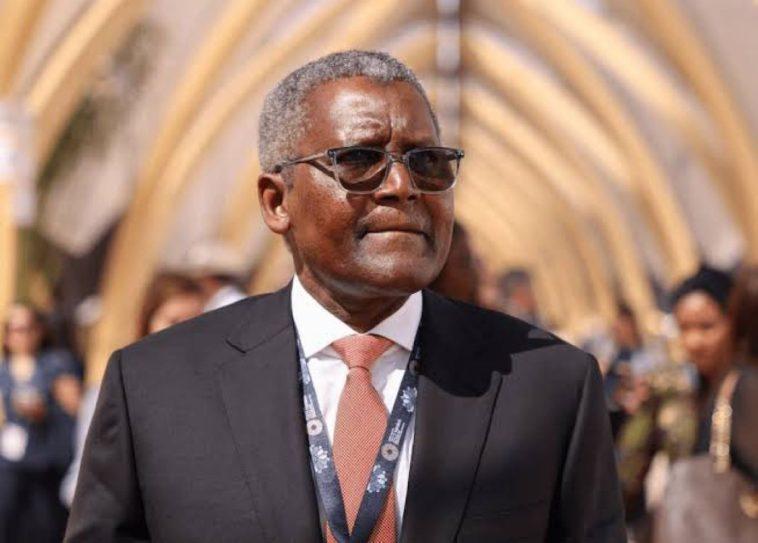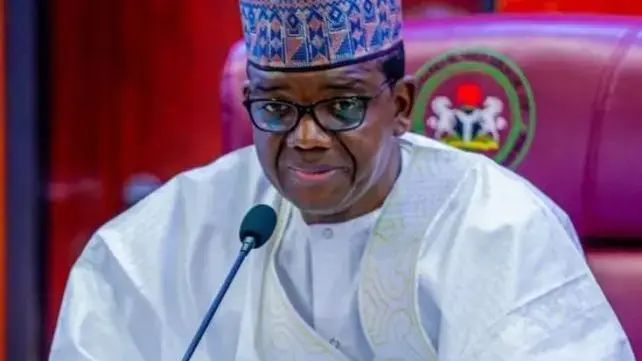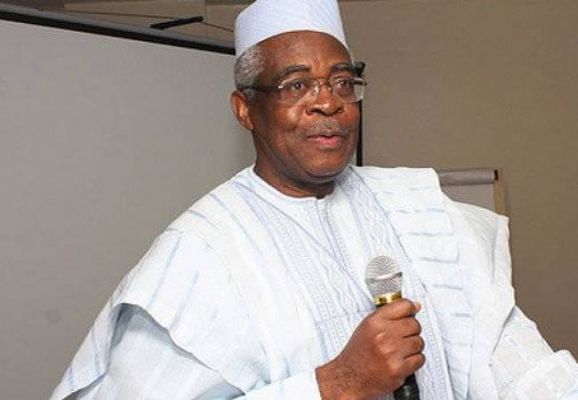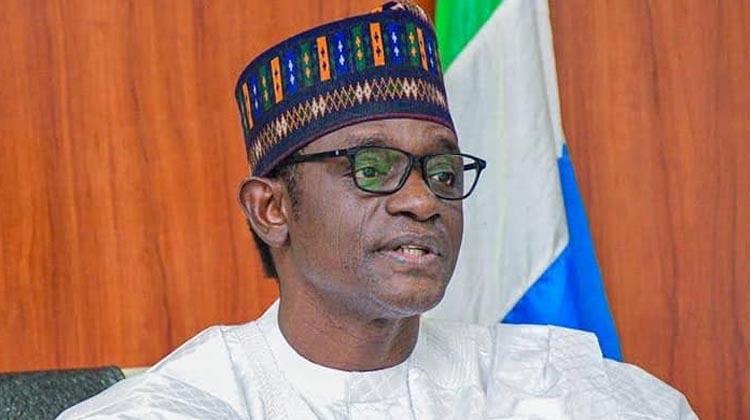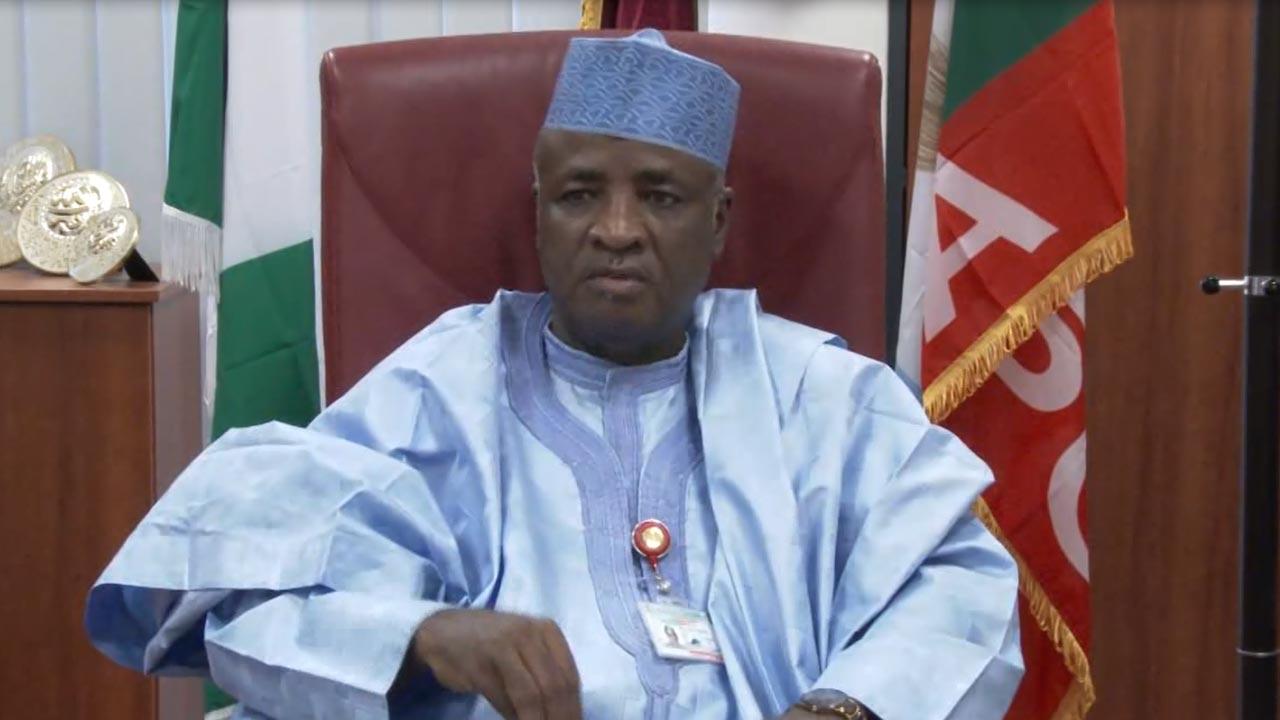Explore Our Bill Payment Services:
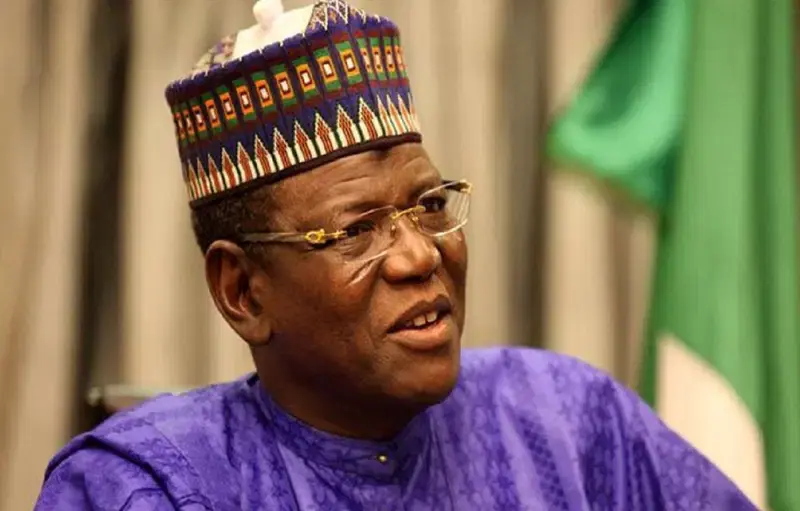
- Finance
- Net-Worth/Wealth
- Nigeria
Top 10 Richest People From Jigawa State And Their Net Worth In 2025
When you hear “Jigawa State,” the first things that might come to your mind are agriculture, Kano connection, or maybe the state’s peaceful environment. But hold on—do you know Jigawa is also home to some seriously wealthy and influential people who are making big waves not just in the state but across Nigeria?
That’s right. Jigawa might not always be the loudest state when it comes to showcasing billionaires, but trust me, the land has produced men and women whose names ring bells in business, politics, and community development. From successful entrepreneurs to seasoned politicians, these individuals are shaping the state’s economy while inspiring the next generation.
So, grab a chilled drink and let’s take a deep dive into the Top 10 Richest People from Jigawa State in 2025, their sources of wealth, net worth, and how they’ve built their empires.
1. Sule Lamido – The Political Bigwig
When you’re talking about Jigawa’s richest and most influential people, you cannot skip Sule Lamido, the former governor of the state. Politics in Nigeria is a big money-spinner, and Lamido’s years of service both as a minister and governor have placed him among the wealthiest men in Jigawa.
Lamido, often referred to as “the architect of modern Jigawa,” made significant investments in real estate and agriculture. Beyond politics, he has stakes in several businesses, which have multiplied his wealth over the years. His lifestyle, influence, and contributions to Jigawa’s development show that he is definitely in the billionaire category.
Estimated Net Worth (2025): ₦65 billion
2. Mohammed Badaru Abubakar – Businessman Turned Governor
The current Minister of Defence and former Governor of Jigawa State, Mohammed Badaru Abubakar, popularly called “Badaru,” is one of the most successful businessmen from the state. Before stepping into politics, he was already a household name in Nigeria’s business space as the owner of Talamiz Group, a conglomerate involved in automobile sales, agriculture, commodity trading, and logistics.
His strong business background gave him financial strength even before politics, and today, his net worth has skyrocketed. Badaru’s influence is not just in Jigawa but across northern Nigeria and Abuja.
Estimated Net Worth (2025): ₦60 billion
3. Ahmad Ibrahim Lawan (Influence from Jigawa Roots)
Even though he is more popularly associated with Yobe State, Ahmad Lawan, the former Senate President, has ties and influence in Jigawa through family connections and investments. His political career has opened numerous doors of wealth, and his investments in real estate and agriculture cut across northern Nigeria.
His inclusion on this list is due to his significant influence in Jigawa’s socio-economic landscape.
Estimated Net Worth (2025): ₦55 billion
4. Ibrahim Saminu Turaki – The Business-Minded Politician
Ibrahim Saminu Turaki, former governor of Jigawa State, is another big name in the wealth ranking. During and after his tenure, Turaki established himself as a powerful businessman, especially in construction, real estate, and oil.
Though he has faced political challenges and controversies, his wealth remains intact, making him one of the richest individuals from Jigawa State.
Estimated Net Worth (2025): ₦50 billion
5. Farouk Adamu Aliyu – The Political Strategist
If you’ve been following northern Nigerian politics closely, the name Farouk Adamu Aliyu should not be strange. He is a seasoned politician and businessman with strong connections in Abuja. Over the years, his businesses in oil and gas, construction, and international trade have placed him among Jigawa’s richest men.
Though politics brought him fame, his private businesses keep his wealth growing steadily.
Estimated Net Worth (2025): ₦35 billion
6. Sabo Nakudu – The Senator and Business Tycoon
Sabo Nakudu, a well-known senator from Jigawa, has combined politics with solid business ventures. He has vast investments in construction, real estate, and import/export businesses. His businesses thrive both locally and internationally, giving him a strong reputation as one of the wealthiest people in Jigawa.
Nakudu is also recognized for his philanthropic activities, especially in youth empowerment and education within Jigawa.
Estimated Net Worth (2025): ₦25 billion
7. Mustapha Sule Lamido – The Young Billionaire
Son of former governor Sule Lamido, Mustapha Sule Lamido, represents the younger generation of wealthy individuals in Jigawa. His wealth comes from both inheritance and personal ventures in agriculture and real estate. He is also politically active, which further strengthens his financial portfolio.
Mustapha is seen as one of the rising stars in Jigawa’s elite circle, blending youthful energy with wealth and influence.
Estimated Net Worth (2025): ₦12 billion
8. Sani Zorro – The Journalist and Politician
Another prominent name from Jigawa’s wealthy circle is Sani Zorro, a journalist turned politician who has made his mark in both the media industry and governance. As a seasoned journalist, Zorro held influential positions, and later, as a lawmaker, his financial portfolio expanded significantly.
He has investments in media consultancy, education, and property. Though not as flamboyant as others on this list, Zorro remains one of the financially strong personalities from Jigawa.
Estimated Net Worth (2025): ₦15 billion
9. Ado Sani Kiri – The Agricultural Giant
When you talk about agriculture in Jigawa, one name that comes up is Ado Sani Kiri. He is one of the leading agricultural entrepreneurs in the state, with massive investments in rice and sesame farming. His farms provide employment to thousands of people in Jigawa, and his export business adds to his wealth.
Kiri is not as politically exposed as others, but his influence in agriculture and agribusiness has earned him recognition as a wealthy and respected businessman.
Estimated Net Worth (2025): ₦10 billion
10. Mansur Ahmed – The Technocrat with Wealth
Mansur Ahmed, a technocrat and businessman, also makes it into this list. With experience in corporate leadership and private business, Ahmed has carved a niche in industrial development and consultancy. His wealth is tied to years of professional excellence and investments in real estate, oil, and education.
He may not be as flamboyant as some, but his steady financial success places him comfortably among the richest Jigawa sons.
Estimated Net Worth (2025): ₦10 billion
Conclusion
And there you have it—the top 10 richest people from Jigawa State in 2025. From political heavyweights like Sule Lamido and Badaru Abubakar to business giants like Ado Sani Kiri, Jigawa is blessed with men who are shaping the state’s economic destiny.
One thing you’ll notice is that many of them combined politics with business—a common trend in Nigeria. Politics opens doors, but smart investments keep the money flowing.
For young people in Jigawa and beyond, the lesson here is simple: whether you’re into politics, agriculture, or entrepreneurship, consistency and vision can put you on the map of wealthy and influential people.
So, the next time someone tells you Jigawa is just an agricultural state, remind them that it’s also a land of billionaires!
